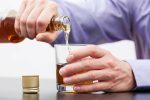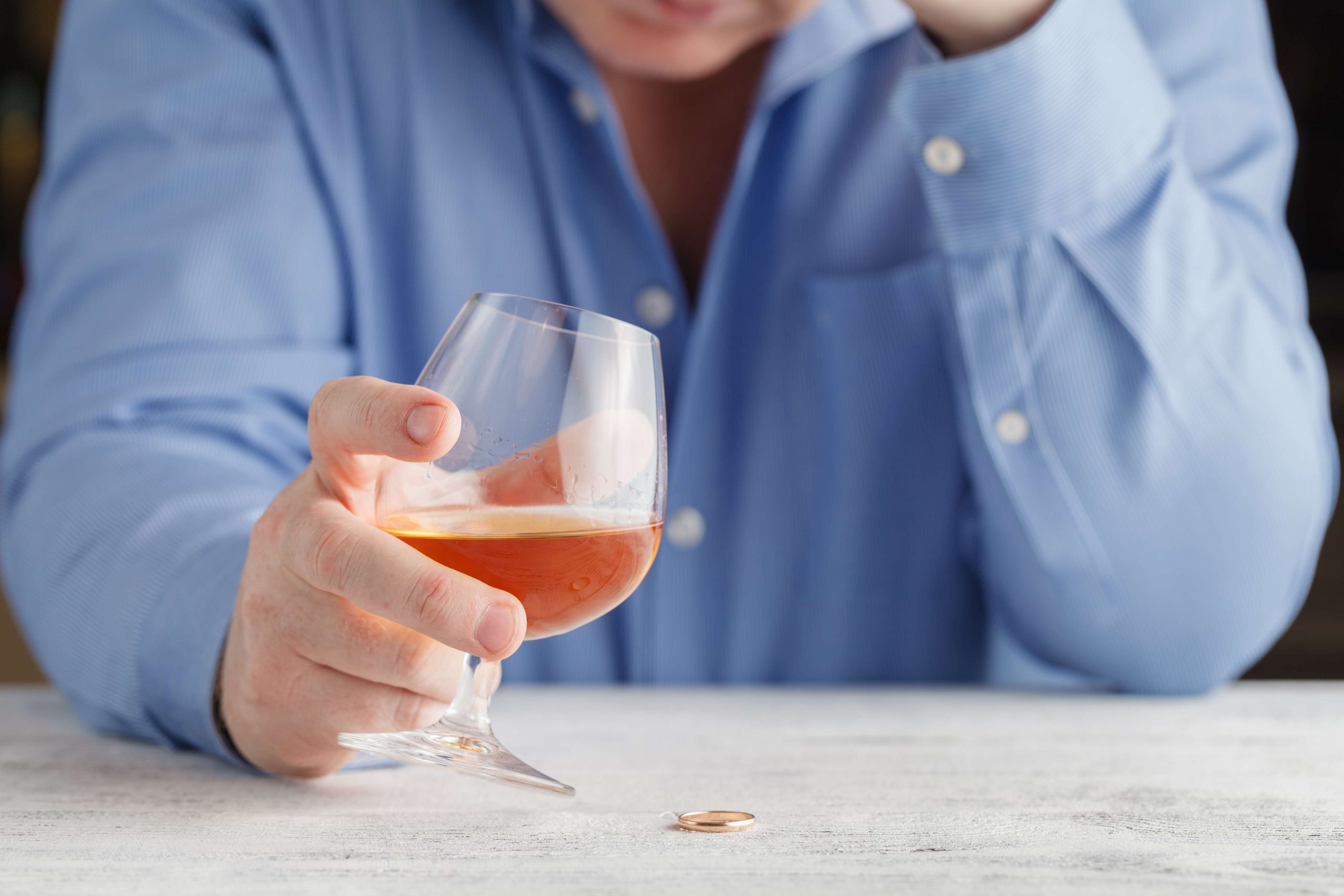Whole grain foods offer this as well as providing a good source of complex carbohydrates which help balance sugar cravings, leaving us feeling fuller for longer. Whole grains help keep our gut healthy which subsequently enables it to absorb other nutrients more successfully. While the food that is abundant in protein or vitamins has numerous benefits, sugary products contain very little to no nutrition. You may crave unhealthy foods high in sugar during your detox process. But eating sugary products in place of healthier food options can result in vitamin deficiencies, which could cause additional stress on the body.
- During the first 12 to 48 hours of alcohol withdrawal syndrome, people may experience symptoms that include diarrhea, loss of appetite, and vomiting.
- Since your body hasn’t yet adjusted to digesting food, it’s better to start off with small and frequent meals.
- This is important because hydration helps get drug metabolites out of the body during early recovery and can ease the severity of detox symptoms.
- Adding a little bit of cayenne pepper to food can help boost mood and also aid with nausea.
- They can help the body repair damage caused by alcohol abuse by providing antioxidants, which fight against harmful free radicals produced during excessive alcohol consumption.
- Excess processed foods can lead to weight gain, elevated blood pressure and increased risk of heart disease, diabetes and cancer.
According to the United States Department of Agriculture, fruits and vegetables are filled with vitamins, dietary fiber, folic acid, and potassium. While eating fruits and vegetables can help alleviate the severity of withdrawals, it can also reduce the risk of cardiovascular diseases, certain cancers, and type 2 diabetes. Complex carbohydrates help stabilize blood sugar levels while also providing vitamins, minerals, and fibers. As this food takes longer to digest, they provide you with energy for a long time.
Alcohol Recovery Diet: Best Foods To Eat and Why
As consuming solid food during this stage of detox is difficult, make sure to replenish these deficiencies through supplements. Consuming plenty of A, D, E K, and B vitamins, magnesium, iron, and folic acid are essential during the early stages of detox. During heavy alcohol abuse, we tend to neglect our bodies of a good and healthy diet. Nuts are a great filling and healthy snack and can directly help in the overall recovery process from addiction.
The goal of detox is to help flush out the toxins so your body can start functioning naturally without the effects of addictive substances. Alcohol withdrawal syndrome (AWS) experienced by recovering patients during this stage can vary in symptoms and intensity from person to person. It can last anywhere between a few days to a week, and in some patients, it can be much longer. While we focus on getting rid of the toxins in our body, it is also important that we maintain a healthy diet during detox. Since our body responds according to what we put into it, a balanced diet can have a huge impact on our recovery journey and reduce the risk of relapse.
How Doctors and Nutritionists Can Help
People who misuse alcohol tend to be deficient in B vitamins, mainly B1, B6, and folic acid. Consuming B vitamin complex is a good idea during the recovery period, but any multivitamin is fine. Symptoms may persist for days or weeks after the last drink of alcohol, making it harder for someone to eat a proper meal. For example, someone with persistent nausea and vomiting will find it challenging to stay hydrated and keep any food down.

So don’t force yourself to eat any heavy meals, even if they are healthy. Instead, focus on eating soups and other liquids to give your body some level of sustenance. Make sure they contain plenty of vegetables and lean sources of protein, such as beans, poultry, or fish. You can alcohol recovery diet also have teas, ice pops, gelatin, fruit, and vegetable juices to continue giving your body adequate nutritional support. At Behavioral Health Centers, we know that what you put in your body is just as crucial to your overall recovery as all other aspects of treatment are.
The Weight of Drug Use
For this reason, many experts recommend against sugary foods while you are in detox. Proteins also provide a feeling of satiety, preventing overeating and helping maintain a healthy weight, which is often challenging during recovery. Balancing your protein intake with other nutrients is important for a balanced diet during recovery. Detox can be an uncomfortable process for individuals experiencing alcohol addiction. But it is also important to maintain a healthy diet during detox.
- They will help you to stay on track with your recovery and decrease your risk of relapse.
- The digestive system not only requires a mixture of proteins, vitamins and minerals to keep us healthy but it also needs fiber to keep everything moving as it should.
- I myself avoided such foods until I was about one year alcohol-free, at which point I had already begun to regard alcohol as a worthless toxin rather than a forbidden fruit.
- If you make diet substitutions and still feel sub-par, eliminate gluten or dairy for 30 days to determine whether you feel better without them.
Shellfish, legumes, seeds, nuts, dairy, and eggs are other excellent sources of zinc. These are the building blocks of proteins, which are essential for the structure and function of the brain cells. Amino acids are also involved in the making of neurotransmitters, which are the chemical messengers that send signals between the neurons. Some of the most important amino acids for neuroplasticity are tryptophan, tyrosine, phenylalanine, and glutamine. These can be gotten from animal and plant sources, such as meat, eggs, dairy, soy, beans, and nuts.
To get the most out of this diet, a person should try to obtain their vitamins from a wide array of foods and not just a few. Another essential amino acid in the body’s complex system is tryptophan. It is essential in the formation of serotonin, a necessity for restful sleep. Good quality, restful sleep is fundamental on the road to recovery, especially in the early stages.
We all love our coffee but drinking coffee during your detoxification process can hinder and extend your recovery progress. Drinking coffee can cause rapid heart rate, restlessness, and shakiness. It can also cause headaches, dizziness, heart problems, and dependency. Since withdrawal symptoms tend to ebb and flow, you may be tempted to feel like you’re not making progress ― even though in reality, you’ve come a long way.
Support Group: Practicing self-compassion while changing your relationship with alcohol
In general, healthy and nutritious foods are the best to eat when you first stop drinking alcohol. Let’s go over which specific types of foods are best to incorporate. Eating a balanced diet is essential to reduce the harm of alcohol and improve your overall well-being.

This blend of essential nutrients is the core of an alcohol recovery diet, giving you the needed ingredients for physical and mental healing. You may not feel like eating, drinking, or taking vitamins, which can affect your overall health. For people experiencing alcohol withdrawal symptoms, eating can prove difficult. But nourishment is important once a physician deems an individual stable enough to eat. Well-balanced, calorie-appropriate meals can help detox patients improve nutrient deficiencies, manage low blood sugar and improve and maintain their body weight.
